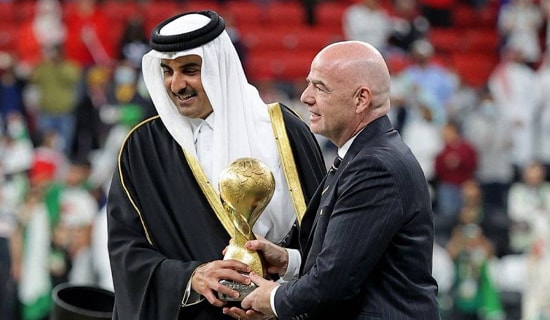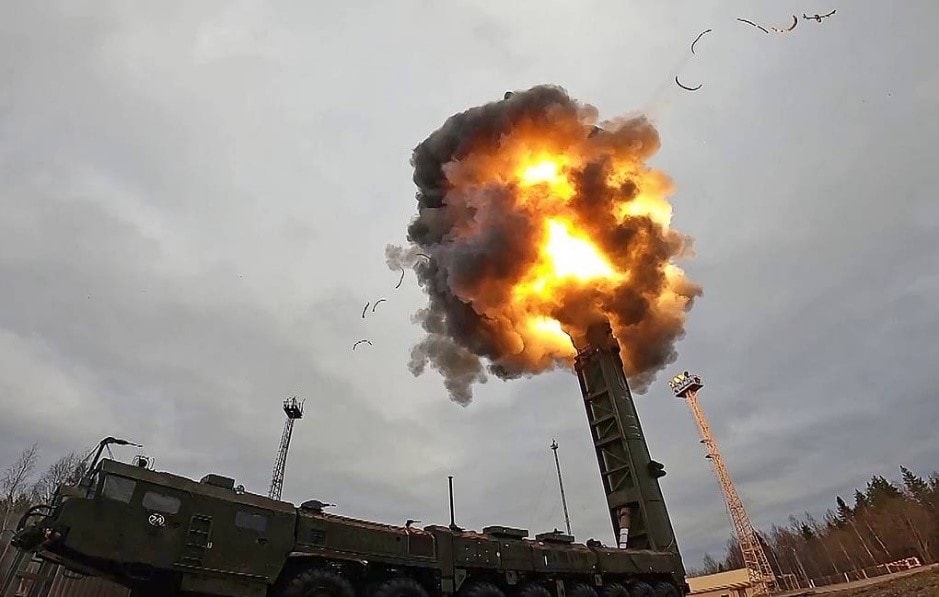In his column in the London-based Saudi daily Al-Sharq Al-Awsat, Egyptian journalist 'Imad Al-Din Adib slammed the U.S. and Europe for being preoccupied with their internal affairs and consequently not lifting a finger to stop the massacre in Syria. Adib claimed that the West's decision on whether or not to intervene in the country, where children are being slaughtered, is driven by economic considerations rather than humanitarian ones – and that this is why it chose to intervene in oil-rich Libya but not in Syria.
The following are excerpts from the article:[1]
"I have been pondering a profound statement by 'Amr Moussa regarding the Chinese and Russian veto on the Security Council resolution to level sanctions against Syria. Moussa said that the Russian-Chinese veto saved the U.S. and Europe from facing a very difficult situation. When we asked him 'how so?', the seasoned diplomat replied: Because the Americans and Europeans have no clear policy to deal with the Syrian situation, [a fact that would have been exposed] had an international resolution been passed calling for sanctions or binding measures against the Syrian regime.
"Preoccupied with the presidential elections, the U.S. is a 'lame duck,' as they say in Washington, and cannot take steps on any international issue. Until November 19, 2012 [sic],[2] the U.S. will revolve around a single issue – the campaign and the decision on the next occupant of the White House.
"In Europe, the public is preoccupied with the burdensome financial crisis and the massive cost of [the program] to rescue the Spanish and Greek economies. Europe is worried about unemployment, sectorial protests, immigrant problems, and citizens' demands for better healthcare and education, and [lower] costs of living. This situation has caused the Americans and Europeans to become immersed in their own private world, with no ability to make significant decisions at the level of waging a large regional war. The American and European treasuries cannot handle the costs of moving warships, large warplanes, and [military] forces to the Middle East. [However], somebody will have to bear these costs.
"What ensured the international action in Libya, [namely] the military embargo, followed by NATO operations, was its status as an oil[-rich] country, which meant that some or all of the costs [of the international intervention] could be recouped from oil profits. However, in the case of Syria, its oil is barely enough to supply local demands.
"We [live] in a world dictated by cost-benefit analyses, profits, and losses, where slogans such as 'defending human rights,' 'preventing ethnic cleansing' or 'saving defenseless civilians from the regime's massacres' are dismissed as empty words... [So] please, do not speak to me about 'the global conscience' taking 'an extended vacation' while children are being slaughtered, hundreds of thousands of people are emigrating, and historic cities are being eradicated! This is indeed a shameful world!"








